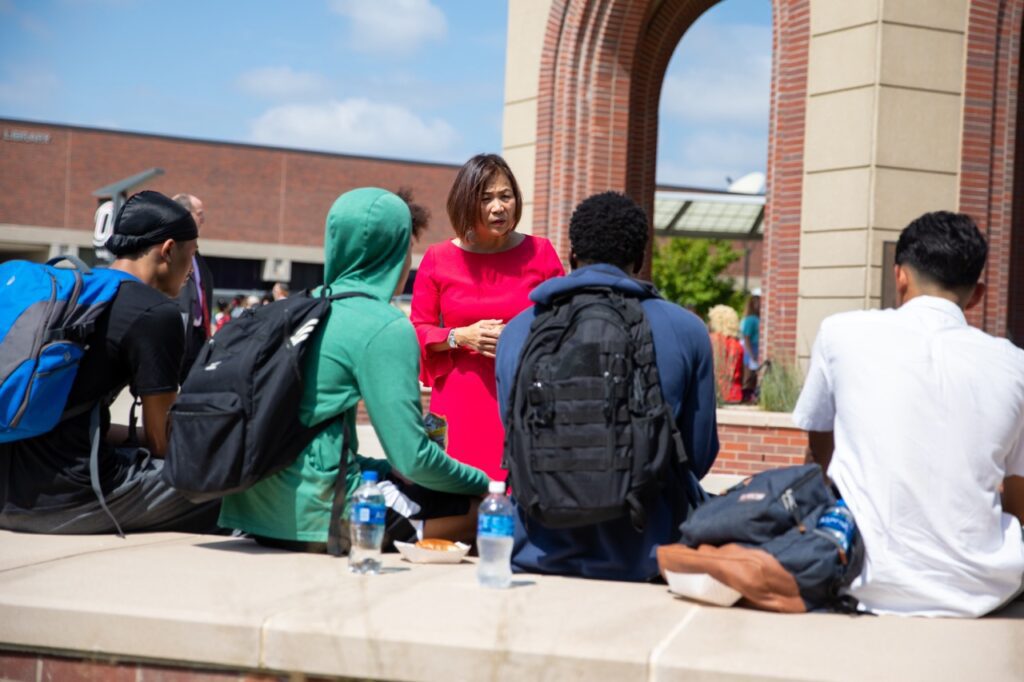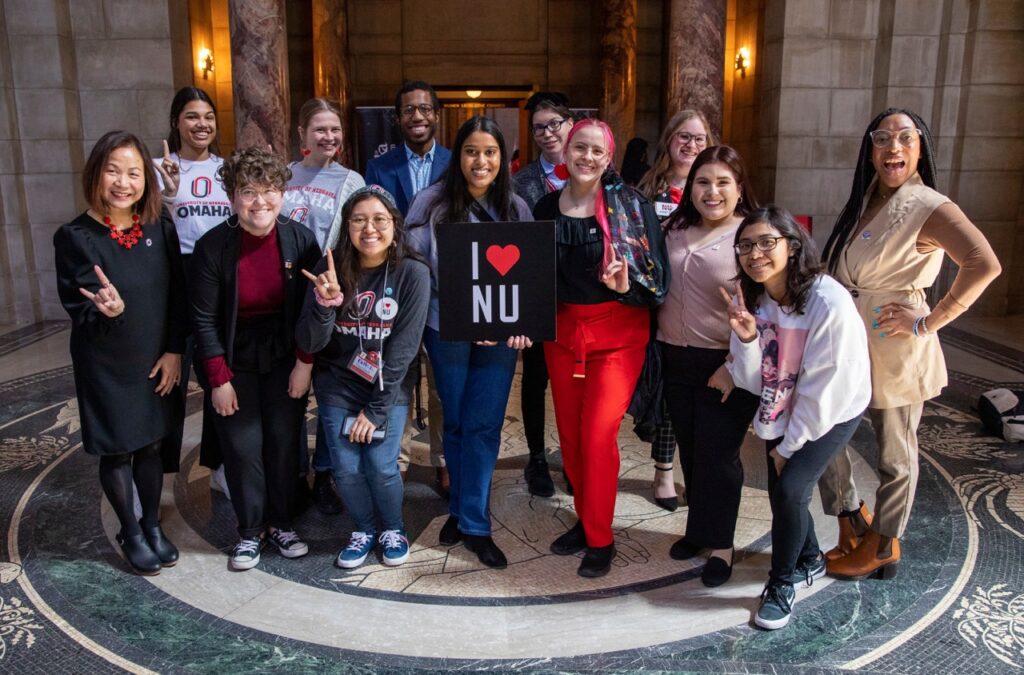By Ed Rider
UNMC Leads the Way in High-Tech Learning
Nothing can prepare an individual for the real thing like the real thing.
Visual simulation, however, has long been acknowledged for the important role it plays in potentially high-risk industries like transportation, aerospace and power. Simulators provide a safe and controlled environment for individuals learning to fly an aircraft or drive a car, helping them navigate challenging situations while developing the confidence and intuition to manage real-life scenarios in the air and on the road.
In health care, the advancement of technology has played a critical role in the expansion of visualization and simulation. Through the Interprofessional Experiential Center for Enduring Learning (iEXCEL) at the Dr. Edwin G. & Dorothy Balbach Davis Global Center, the University of Nebraska Medical Center has taken a leadership role in the utilization and development of simulation and visualization technologies.
Uyen Tran, a second-year medical student at UNMC, said the Visualization Hub has had an “immense” impact by bringing what she has learned in lectures and textbooks to life. The Hastings, Nebraska, native is interested in pursuing pediatric neurosurgery or pediatric surgery after she graduates in 2026.
“The technology gives medical students the opportunity to ask questions, learn from faculty and most importantly — to make mistakes in a safe space instead of on actual patients. Being able to make mistakes without consequences and troubleshoot to learn from those mistakes helps to build confidence in students and hopefully improve patient outcomes.”
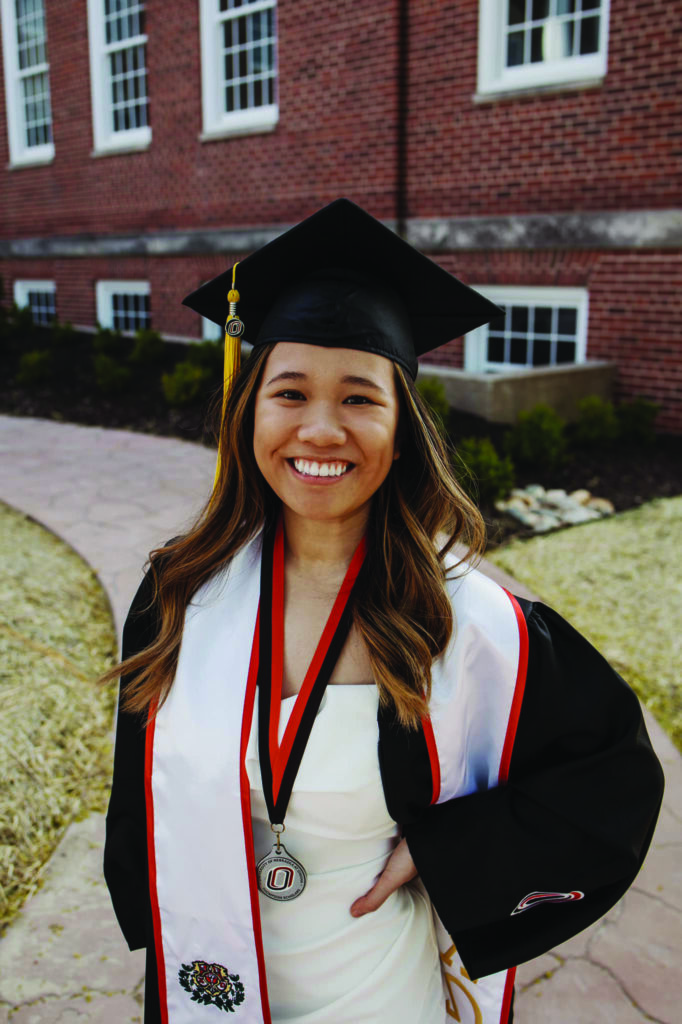

The technology gives medical students the opportunity to make mistakes in a safe place.
Uyen Tran, medical student at UNMC
“As a combined visual and kinetic learner, the Visualization Hub maximizes my learning experience by allowing me to interact hands-on with medical animations and manipulate anatomical structures on screen,” Tran said. “The ability to visualize these medical structures from all sorts of different angles right in front of me strengthens my base knowledge of human anatomy and certainly benefits me as a student interested in a surgical career.”
The program’s multidisciplinary Visualization Hub team is producing stunning and accurate augmented and virtual reality images for health care. This program uses highly advanced technologies to ensure that simulation is adopted and that an outcomes-based approach to training is accomplished.
According to Paul Dye, manager of educational technology and design for iEXCEL, the team collaborates with subject matter experts from academic, business and government entities, including faculty and clinicians, to improve outcomes in medical fields and beyond through the creation of unique educational experiences using state-of-the-art technologies.
“Our goal is to facilitate the rapid transfer of knowledge, improve understanding and retention rates, and expand the practice of professional skills and clinical procedures, including emergency response and disaster preparedness, through high fidelity visualization and simulation,” Dye said.
Alex Farrell, a second-year medical student from Canton, Michigan, who is hoping to be a surgeon after graduation, pointed to the safety provided by working with Visualization Hub technology.
“The Visualization Hub technology simulates the operating room very well, mimicking the technology seen in practice,” Farrell said. “It allows for a safe environment to practice skills relevant to clinical interactions.”
A recent $2.5 million gift from a donor who wished to remain anonymous is being utilized to retain and expand staff at the Visualization Hub and expand their skill sets. In addition, this gift will provide funding for ongoing educational opportunities for the visualization staff to ensure they remain at the forefront of visualization content development.
Tran, who served as an intern for iEXCEL for a year while working toward her bachelor’s degree at the University of Nebraska at Omaha, believes the Visualization Hub’s technology is as close to reality as can be achieved by the best technology. She said the iEXCEL Visualization Hub team does an outstanding job of working with faculty to make sure animations are as realistic and medically accurate as possible. Tran also pointed out that the team does its best to program the technology to be user-friendly for students.
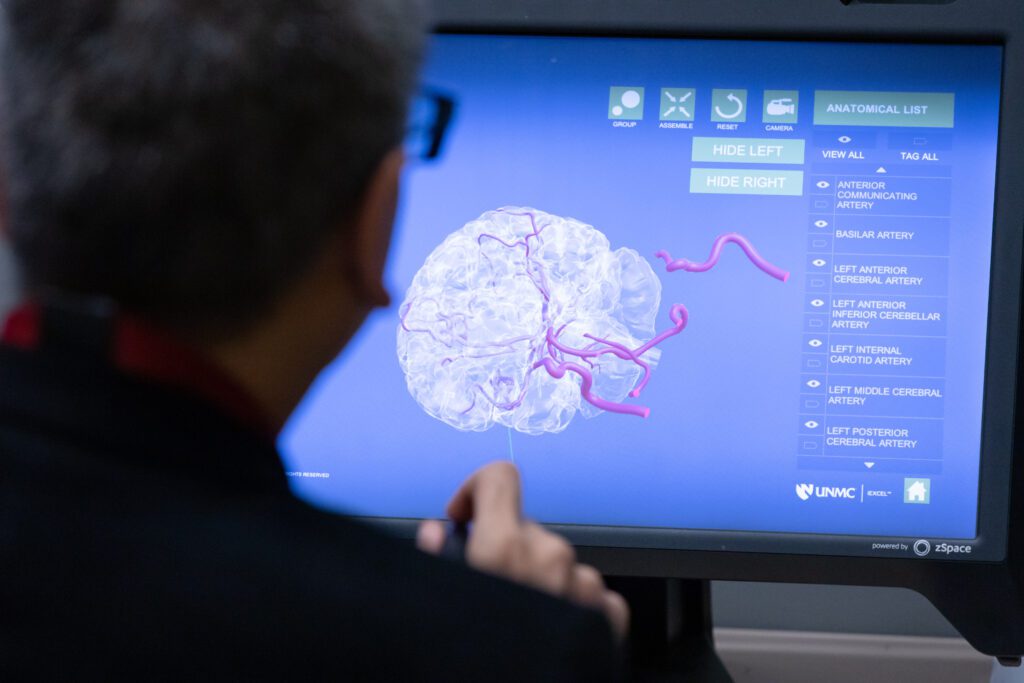

Most importantly, technology at the Visualization Hub allows students to develop their skills and build their confidence in a risk-free environment.
“I feel as though I am better prepared to work with patients because of my experiences at the Visualization Hub,” Tran said. “The technology bridges the gap between textbooks, classes and interacting with real patients. It helps us solidify our medical knowledge, sharpen our skills, and ultimately, better prepare us for treating real patients.
“As a whole, iEXCEL is an amazing place. I am truly lucky as a medical student to have this type of institution in Nebraska.”

